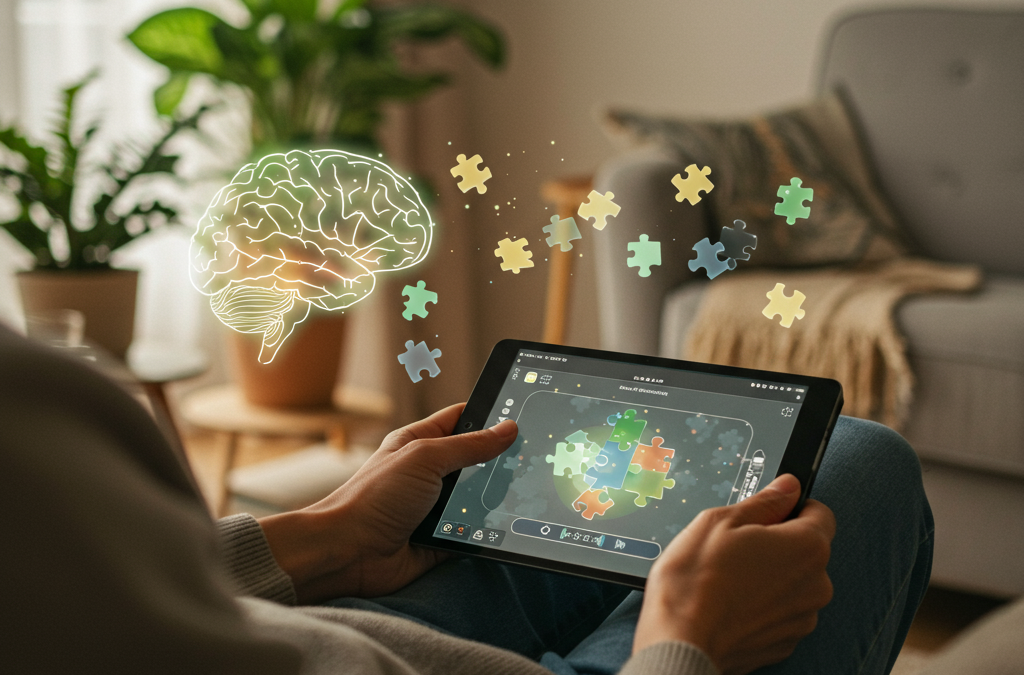Introduction
- Hook: Start with a relatable scenario about feeling stressed or overwhelmed and needing a simple break.
- Thesis: Introduce the idea that puzzle games aren’t just for fun; they are a powerful and accessible tool for mental relaxation and improving cognitive function.
- Roadmap: Briefly outline what the article will cover: how puzzle games help us de-stress, the cognitive benefits, and why they are perfect for everyone.
Section 1: The De-Stressing Power of Puzzles
- The Escape: Explain how puzzle games provide a mental escape from daily worries. The focus required to solve a puzzle shifts our attention away from stressors.
- Mindful Engagement: Discuss how these games encourage a state of “flow” or mindful focus, where you are completely absorbed in the activity, helping to calm a busy mind.
- Low Stakes, High Reward: Highlight that unlike many other activities, puzzle games offer a sense of accomplishment without real-world pressure or consequences. The small, frequent victories (dopamine hits) are a perfect antidote to stress.
Section 2: Beyond Relaxation: Cognitive Benefits
- Brain Training: Explain how puzzle games are a form of mental exercise. You can use analogies like “a gym for your brain.”
- Specific Skills: Break down the specific cognitive skills that are improved:
- Problem-Solving: Having to think logically and strategically to find solutions.
- Memory: Remembering patterns, rules, and previous moves.
- Focus & Concentration: Training your ability to stay on task and avoid distractions.
- Spatial Reasoning: For games involving shapes, blocks, and orientation, this is a key skill.
Section 3: A Hobby for Everyone, from Kids to Grandparents
- For Kids: Discuss how puzzle games can be a fun and educational tool for children, helping them develop critical thinking skills in an entertaining way.
- For Adults: Address the working adult audience, explaining how a 10-minute puzzle game break can be more effective than scrolling through social media, leading to improved productivity and focus.
- For Seniors: Mention how puzzle games can help maintain cognitive agility and can be a fun, social activity for older adults, either with family or through online communities.
Conclusion
- Summary: Briefly recap the key points: puzzle games are great for de-stressing, offer real cognitive benefits, and are accessible to everyone.
- Call to Action: Encourage readers to pick up a puzzle game the next time they feel stressed. You can also invite them to share their favorite stress-busting puzzle games in the comments section to foster engagement.

